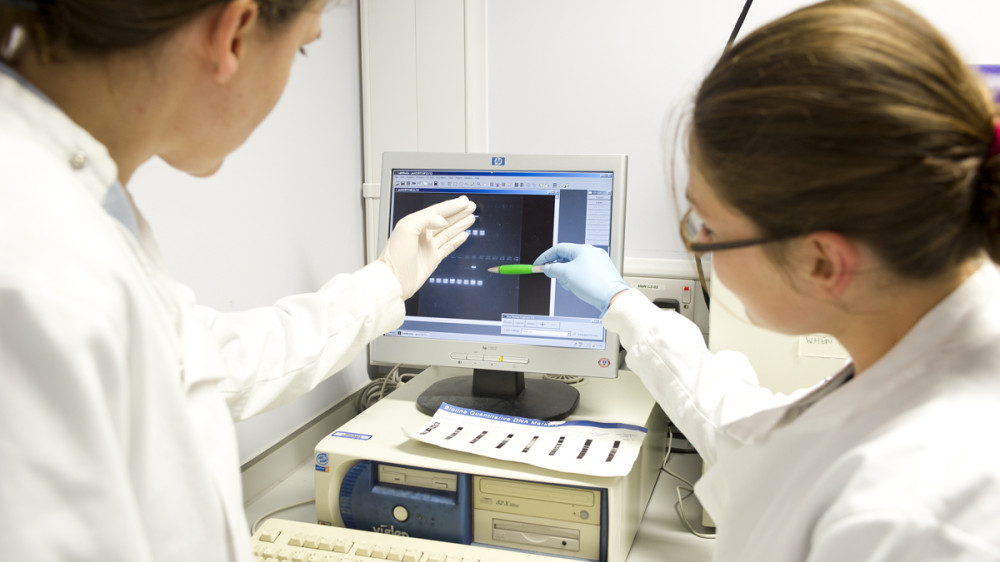Announcing 2022 NC3Rs PhD Studentships

We continue to champion training early career researchers in 3Rs research.
This year we have awarded ten new Studentships embedding the 3Rs in the development of the next generation of researchers. Many of the projects focus on using human cells or tissue in combination with complex in vitro models replacing the use of animals across a range of research areas in human development and disease. The projects include the characterisation of an in vitro model of the fallopian tube using human epithelial cells to help replace the use of pregnant mice; a human organoid system to replace the use of mice in testing the efficacy of T cell immunotherapies for the treatment of cancer; and a stem-cell derived model of the blood/brain barrier for investigating treatments for glioblastoma, replacing the use of xenograft mouse models.
We also made two joint awards with the BHF to achieve 3Rs impacts in cardiovascular research. The first award will use precision cut slices from human tissue to identify molecular and cellular mechanisms driving cardiac fibrosis. The second award will develop a 3D culture model of human vascular cells to study remodelling in atherosclerosis.
NC3Rs PhD Studentship awards are made directly to the Principal Supervisors. Interested students should contact the respective supervisors. For full details, including how to apply, visit the Studentship vacancies page.
Awarded Studentships
Dr Alessio Vagnoni, King's College London – Mapping mitochondrial contact sites during neuronal ageing and neurodegeneration in Drosophila (48 months).
Professor Awen Gallimore, Cardiff University – Replacing mouse immunotherapy models with human colorectal cancer organoid - T cell cultures (48 months).
Dr David Dickens, University of Liverpool – Novel, biologically relevant, in vitro model of the blood-brain tumour barrier (BBTB) (36 months).
Professor Jennifer Rohn, University College London – A microfluidic human 'pelvis-on-a-chip' model to study ascending urinary tract infection (36 months).
Dr Jonathan Ball, University of Exeter – Building confidence in non-protected zebrafish embryo-larvae as a viable alternative to mammalian DART assessment (48 months).
Dr Laura Randle, Liverpool John Moores University – Manipulating cholangiocarcinoma immune-phenotype in a patient derived precision-cut tumour model to improve immune checkpoint inhibition response (48 months).
Professor Marella de Bruijn, University of Oxford – Development of novel tools to assay haematopoietic stem cell activity ex vivo (36 months).
Dr Marko Nikolic, University College London – Study of human late fetal lung tissue and 3D in vitro organoids to replace and reduce animals in lung developmental research (48 months).
Professor Robert Hindges, King's College London – Zebrafish models of Major Depressive Disorder as a replacement for rodent models (48 months).
Professor Roger Sturmey, University of Hull – Animal free alternatives to the study of nutrition in early pregnancy (36 months).
Joint BHF-NC3Rs Studentships
Dr Lee Borthwick, Newcastle University – Identification of the molecular and cellular mechanisms driving cardiac fibrosis: A novel ex vivo approach to target identification and validation (36 months).
Professor Manuel Mayr, King's College London – Development and disease modelling in engineered vascular tissues (36 months).
